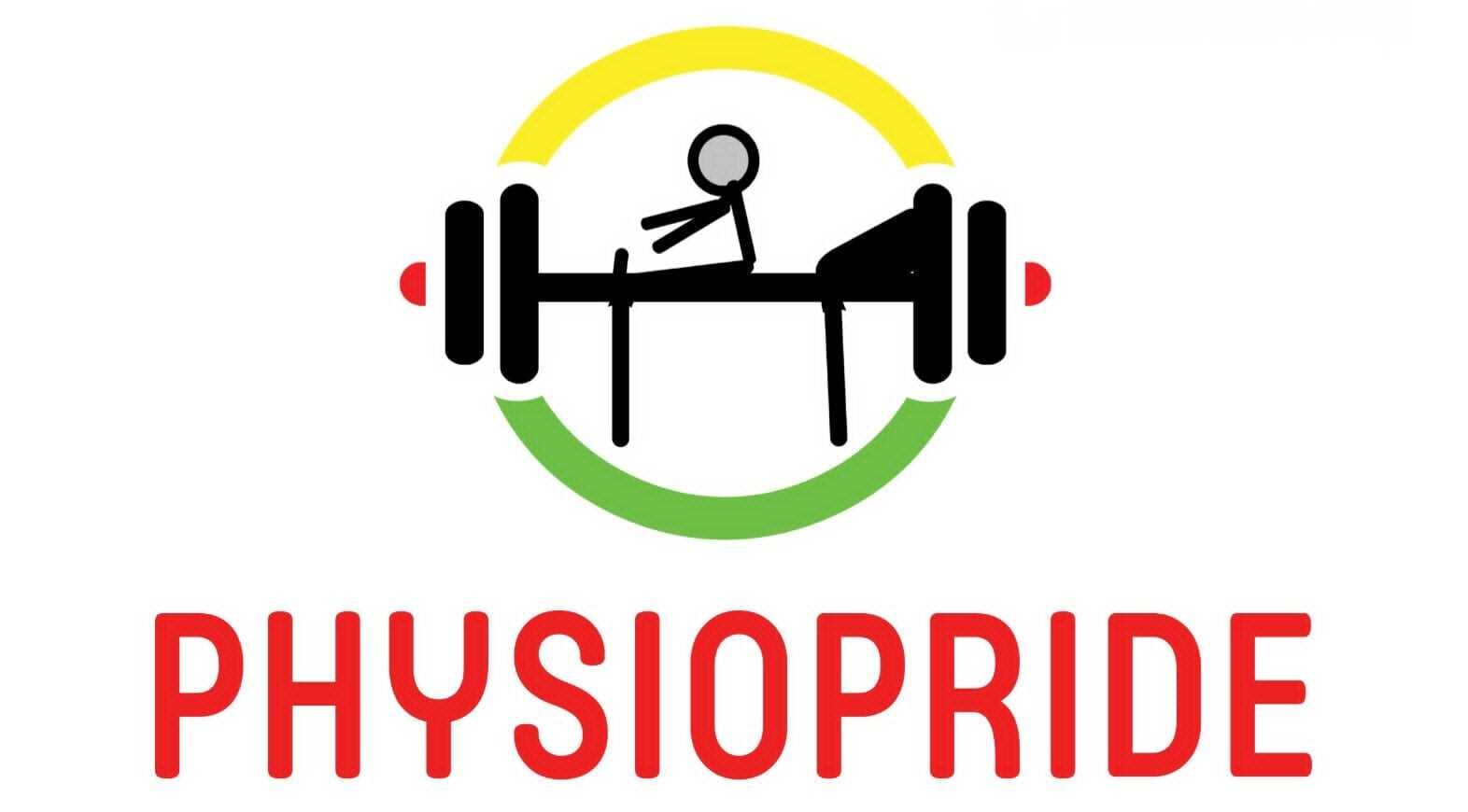Book Appointment Now

Specialized Programs for Joint Pain: Tailoring Relief and Recovery
Introduction
Joint pain is a common issue affecting millions of people worldwide, from athletes and active individuals to those leading more sedentary lifestyles. Whether it’s due to arthritis, injury, or overuse, joint pain can significantly impact quality of life and daily activities. Fortunately, specialized programs for joint pain are designed to address these issues with targeted approaches that cater to individual needs. In this blog post, we will explore how specialized programs can help alleviate joint pain and promote long-term joint health.
Understanding Joint Pain
Joint pain occurs when the tissues surrounding a joint become inflamed, damaged, or degenerated. Common causes include:
- Osteoarthritis: A degenerative condition where the cartilage in the joint breaks down, causing pain and stiffness.
- Rheumatoid Arthritis: An autoimmune disorder that leads to inflammation and damage to the joints.
- Injury: Sprains, strains, and fractures can result in joint pain and discomfort.
- Bursitis: Inflammation of the bursae (fluid-filled sacs that cushion the joints) can cause pain and swelling.
The Importance of Specialized Programs
Specialized programs for joint pain offer a personalized approach to managing and alleviating discomfort. These programs are tailored to address the specific needs and conditions of the individual, ensuring more effective treatment and better outcomes. Here’s why specialized programs are crucial:
- Customized Treatment Plans: Specialized programs take into account the specific type of joint pain, its underlying cause, and the individual’s overall health. This personalized approach ensures that the treatment plan is effective and relevant.
- Multidisciplinary Approach: These programs often involve a team of experts, including physiotherapists, orthopedic specialists, rheumatologists, and occupational therapists. This multidisciplinary approach ensures comprehensive care that addresses all aspects of joint health.
- Targeted Interventions: Specialized programs focus on targeted interventions such as specific exercises, manual therapy, and medication that directly address the underlying cause of joint pain.
- Education and Self-Management: Patients are educated about their condition and taught self-management techniques, including exercises and lifestyle modifications that can help manage pain and prevent future issues.
Components of Specialized Programs for Joint Pain
- Assessment and Diagnosis: An accurate assessment of the joint pain, including medical history and diagnostic tests, is essential for creating an effective treatment plan.
- Pain Management: Techniques such as medication, heat/cold therapy, and joint injections can help manage pain and inflammation in the initial stages.
- Physical Therapy: Customized exercise programs aimed at improving joint function, strength, and flexibility. These exercises are designed to alleviate pain, enhance mobility, and strengthen the muscles supporting the joint.
- Manual Therapy: Techniques such as joint mobilization and manipulation can help improve joint function and reduce pain. Manual therapy is often used in conjunction with other treatments for optimal results.
- Lifestyle Modifications: Recommendations for lifestyle changes, including weight management, ergonomic adjustments, and activity modifications, can help reduce strain on the joints and prevent further pain.
- Assistive Devices: The use of braces, orthotics, and other assistive devices can provide support and relief for affected joints.
- Education and Support: Providing patients with information about their condition, pain management strategies, and support resources helps them actively participate in their recovery and long-term health maintenance.
Conclusion
Specialized programs for joint pain offer a comprehensive and personalized approach to managing and alleviating discomfort. By focusing on customized treatment plans, targeted interventions, and a multidisciplinary approach, these programs can significantly improve joint health and quality of life. If you’re struggling with joint pain, consider consulting a specialist to explore a program tailored to your needs and take the first step towards a more comfortable and active life.


